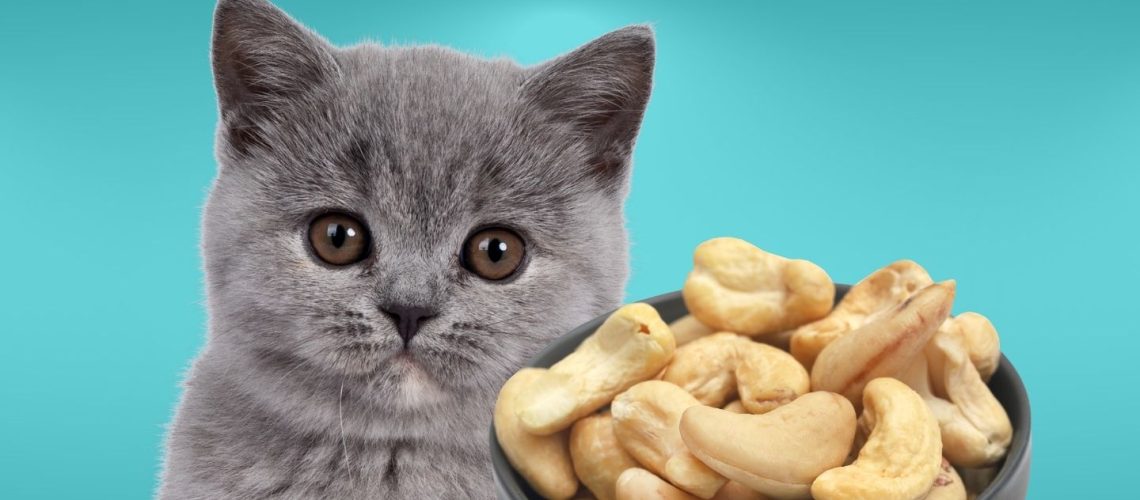Cats are known for their love of fish and other meats, but can they also enjoy the taste of cashews? The short answer is no, cats should not eat cashews. In this article, we will discuss the reasons why cashews are not suitable for cats, the potential consequences of feeding them cashews, and safe alternatives to ensure your feline friend remains healthy and happy.
Cashews: Nutritional Profile
Nutrient content of cashews
Cashews are packed with nutrients that are beneficial to humans, such as healthy fats, proteins, vitamins, and minerals. They are particularly rich in monounsaturated fats, which can help lower bad cholesterol levels.
Benefits of cashews for humans
For humans, consuming cashews can provide several health benefits, such as promoting heart health, preventing gallstones, and maintaining healthy bones and teeth.
Potential risks of cashews for humans
Despite their benefits, cashews can also be problematic for some people. They can cause allergies or sensitivities and may lead to weight gain if consumed in large quantities.
Cats and Cashews: The Problematic Relationship
The toxicity of anacardic acid
Cashews' shells contain a substance called anacardic acid, which is toxic to cats. Although the cashews we eat are typically shelled, traces of anacardic acid may still be present.
The high-fat content of cashews
Cashews have a high-fat content, which can be detrimental to a cat's health if consumed in large quantities. A high-fat diet can lead to pancreatitis, a painful inflammation of the pancreas.
Cats' inability to digest plant-based food
Cats are obligate carnivores, meaning their digestive systems are not equipped to handle plant-based foods like nuts. Consequently, eating cashews could cause gastrointestinal issues.
The high sodium content in cashews
Cashews contain significant amounts of sodium, which is not suitable for cats. Excessive sodium intake can lead to sodium poisoning, causing severe health issues.
The Potential Consequences of Feeding Cats Cashews
Pancreatitis in cats
Feeding your cat cashews can lead to pancreatitis due to their high-fat content. Signs of pancreatitis include lethargy, loss of appetite, vomiting, and abdominal pain.
Gastrointestinal problems
As cats cannot digest plant-based foods, ingesting cashews may cause diarrhea, vomiting, and other stomach issues.
Sodium poisoning
A high intake of sodium from cashews can lead to sodium poisoning in cats. Symptoms include vomiting, diarrhea, tremors, seizures, and even death if left untreated.
Allergies and sensitivities
Like humans, cats can also develop allergies or sensitivities to cashews, leading to skin irritations or other adverse reactions.
Recognizing and Treating Cashew Toxicity in Cats
Symptoms of cashew toxicity
If you suspect your cat has eaten cashews, monitor them for symptoms such as vomiting, diarrhea, lethargy, and signs of pain.
What to do if your cat ingests cashews
If your cat displays signs of cashew ingestion, contact your veterinarian immediately for advice and potential treatment options.
Treatment options and prognosis
Treatment may include inducing vomiting, administering activated charcoal, or providing supportive care. With timely intervention, most cats will make a full recovery.
Safe Alternatives for Cats
Appropriate treats for cats
Instead of cashews, offer your cat specially-formulated cat treats or small portions of cooked meat without any added salt or spices.
Commercially available cat treats
Many cat treats available on the market have been specifically designed to support a cat's nutritional needs and dental health.
Homemade cat treat recipes
Making homemade cat treats allows you to control the ingredients and ensure your cat's safety. Simple recipes may include ingredients like tuna, chicken, or liver.
Tips for feeding cats treats safely
Always supervise your cat when introducing new treats, and consult with your veterinarian to ensure they are appropriate for your feline friend.
Preventing Accidental Ingestion of Cashews
Proper storage of cashews and other nuts
Store cashews and other nuts in sealed containers out of your cat's reach.
Supervising cats around human food
Make sure to supervise your cat while preparing or enjoying cashew-containing dishes to avoid accidental ingestion.
Training cats to avoid dangerous foods
Teach your cat to recognize certain foods as off-limits by reinforcing boundaries during meal times.
Conclusion
It is crucial to stick to a species-appropriate diet for your feline friend and avoid feeding them potentially harmful foods like cashews. Consult with your veterinarian before making any changes to your cat's diet to ensure their health and happiness throughout their life.







